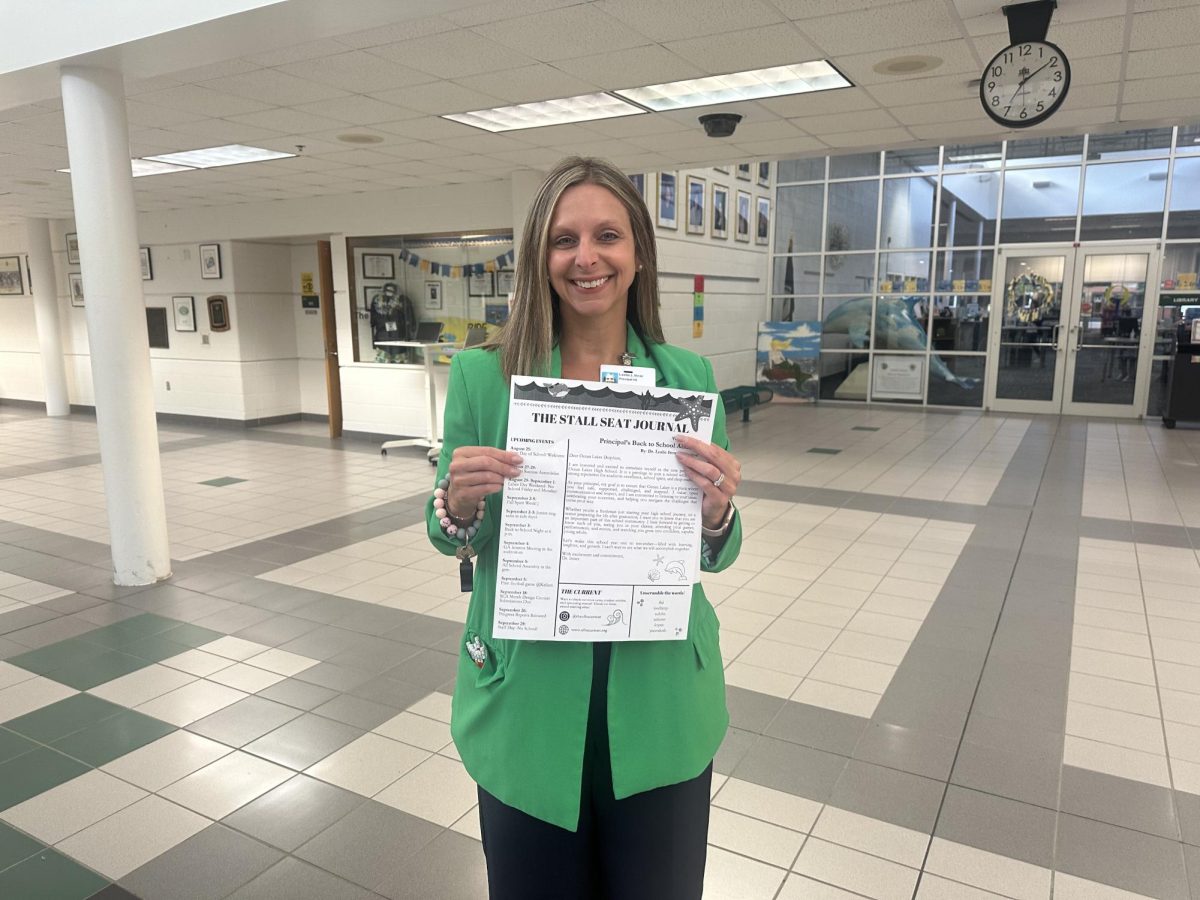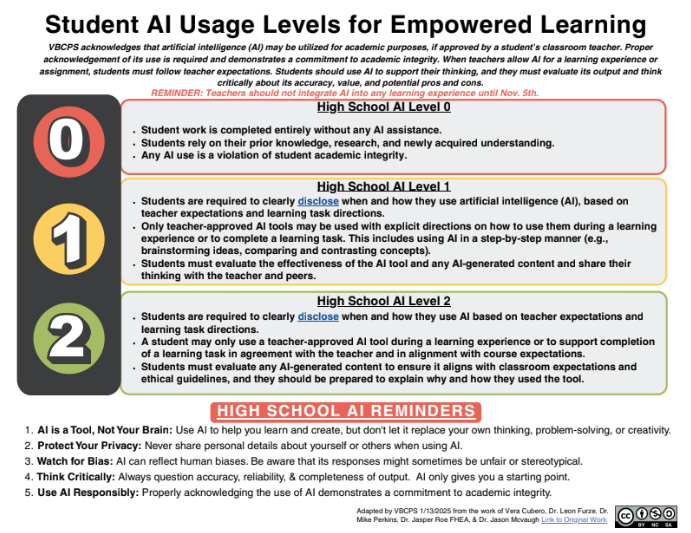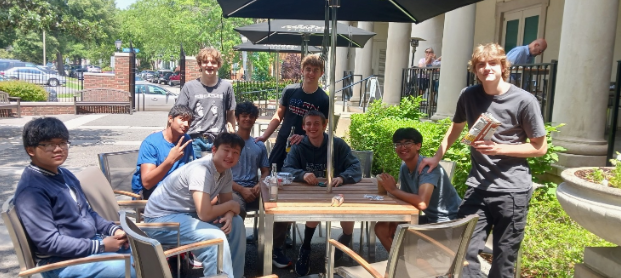Academy senior Chelsi Dizon presented her findings on the effects of social media usage to cognitive efficiency, otherwise known as attention span, in the Schola on March 10, 2025.
Not being able to shadow a psychologist due to ethical dilemmas, Dizon opted for research to formulate her findings. Her research in different psychological phenomena such as the effects of music on one’s mood, helped pave her interest for her project. Struggling with numbers in participation data during her research, Dizon ultimately found that social media did lower cognitive efficiency.
Moving forward, Dizon hopes to expand this research project with a focus on the comorbidity effect: where two different psychological states or conditions elicit the same response.
Dizon will be attending New York University, majoring in neural science and minoring in genetics as a pathway to medical school. She hopes to be a psychiatrist or neuropsychiatrist after her studies.
“Everyone should consider the factors that influence attention span, especially those with social media accounts because not only is it crucial for [daily activity], it could mean life or death in a given situation,” Dizon said.












